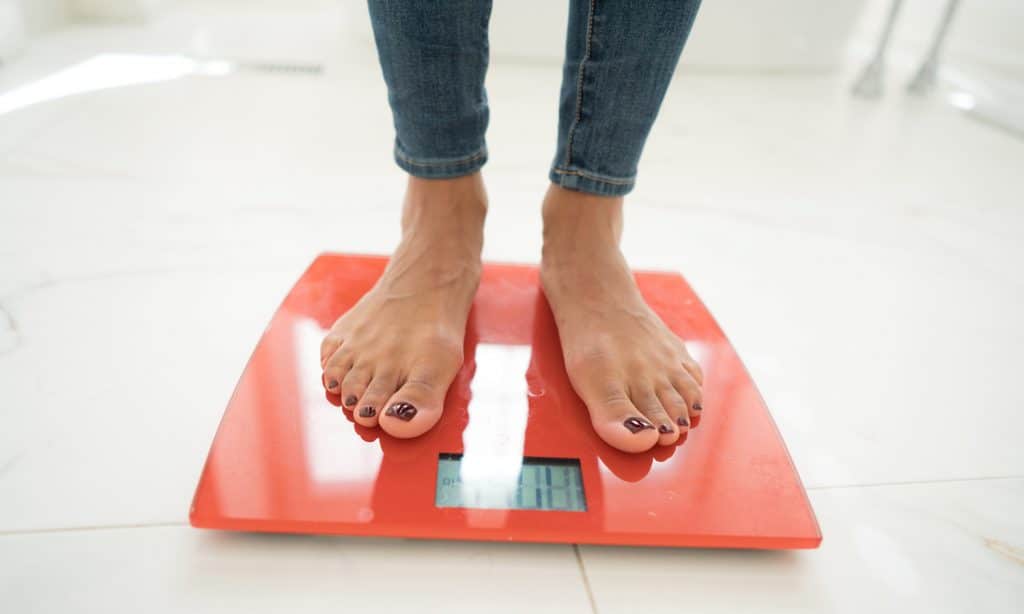New research shows why your metabolism makes it more difficult to lose those last few pounds when dieting.
Once a diet starts and the initial wave of pounds are lost, it’s common for progress to stall. This frustrating development causes a lot of dieters to lose momentum and give up on their goals.
But a new study tried to get a better understanding as to why this happens, taking a deeper look into people’s metabolisms. It found that when on a diet, metabolism slows down as a way to balance out the calories that are being lost, thus keeping the body functioning.
Published in the journal Obesity and reported by NBC News, the study analyzed data from 65 white and black female participants between the ages of 21 to 41. These participants were all dieting, with researchers providing them with a weight loss plan and an 800 calorie diet per day until participants reached their goals.

RELATED: Watching This Much TV A Week Could Increase The Risk Of Dementia
The study discovered that participants could adapt to burning 50 calories less a day in order to keep their bodies functioning, a process called “metabolic adaptation.”
“Metabolic adaptation during weight loss can make it harder for people to achieve their goals,” said Catia Martins, one of the study’s authors. “In this study we found people with more metabolic adaptation took longer to achieve their weight-loss goals.” Metabolic adaptation decreases people’s resting metabolic rate, which is the number of calories they need to keep functioning. It varies from person to person.
When comparing the data to previous studies, researchers were able to pinpoint how much metabolic adaption can slow down weight loss and hinder diets. The greater the change in resting metabolic rate, the longer it took for women to lose their weight.

“We had some women whose resting metabolic rate dropped by close to 700 calories, which means it would take them 70 more days, or about two months longer, to achieve their weight loss goals compared to someone with no metabolic adaptation at all,” explained Martins.
RELATED: Study: Thousands Of Lives Could Be Saved If We Did This Every Day
In order to address these diet plateaus, finding any way to kickstart the diet might be the best way to lose those remaining pounds. Supplementing the diet with exercise, weight lifting, or simply taking a short break might provide the results you need.


